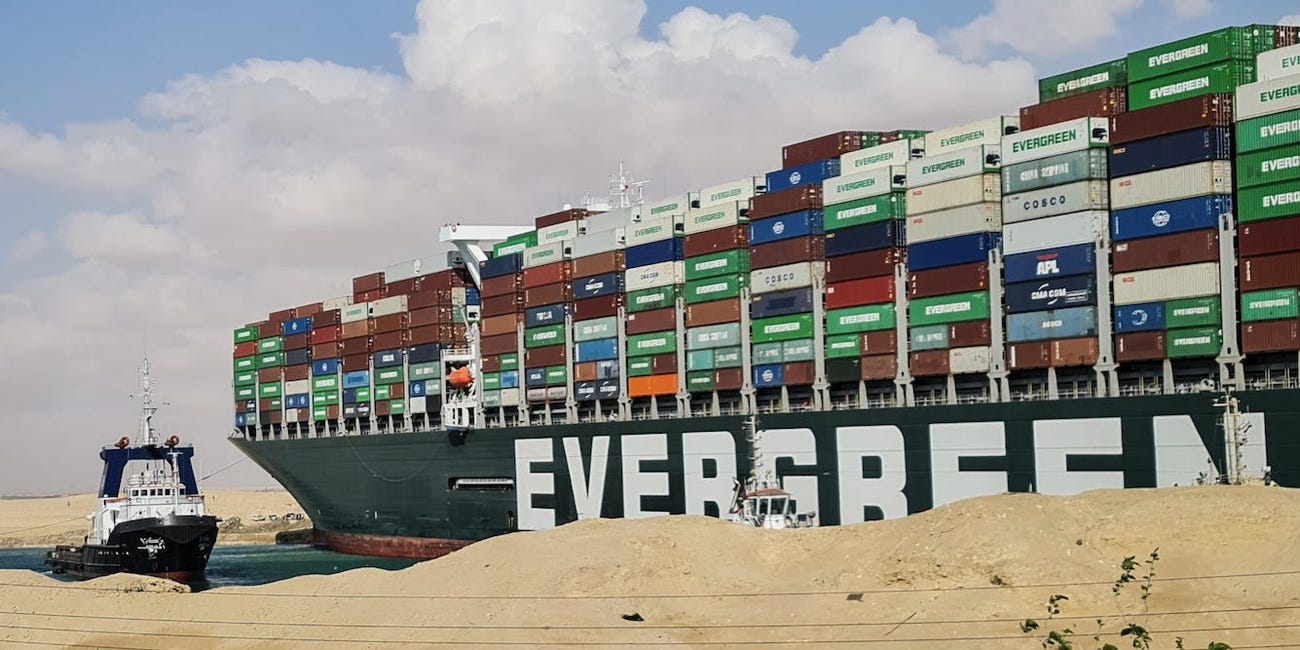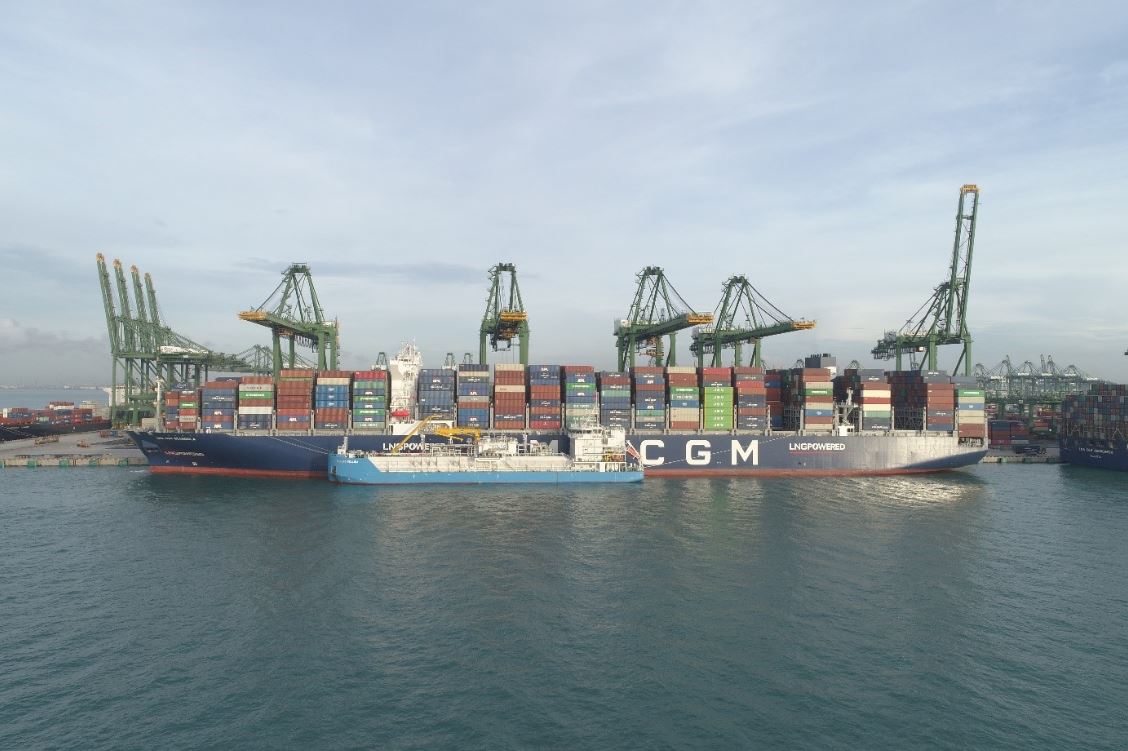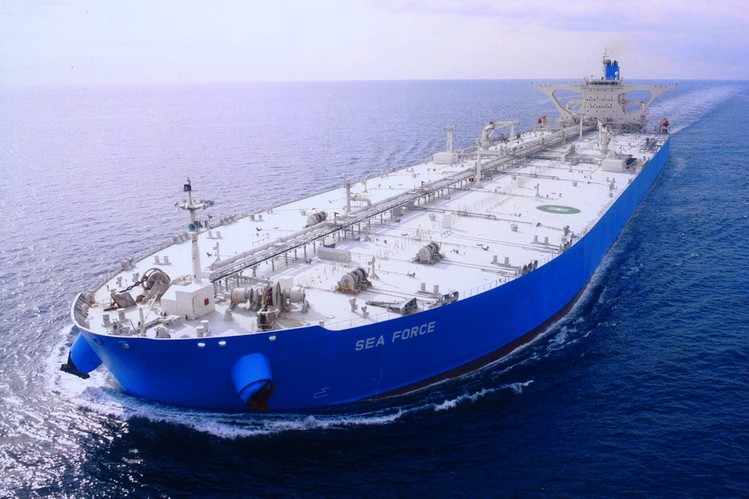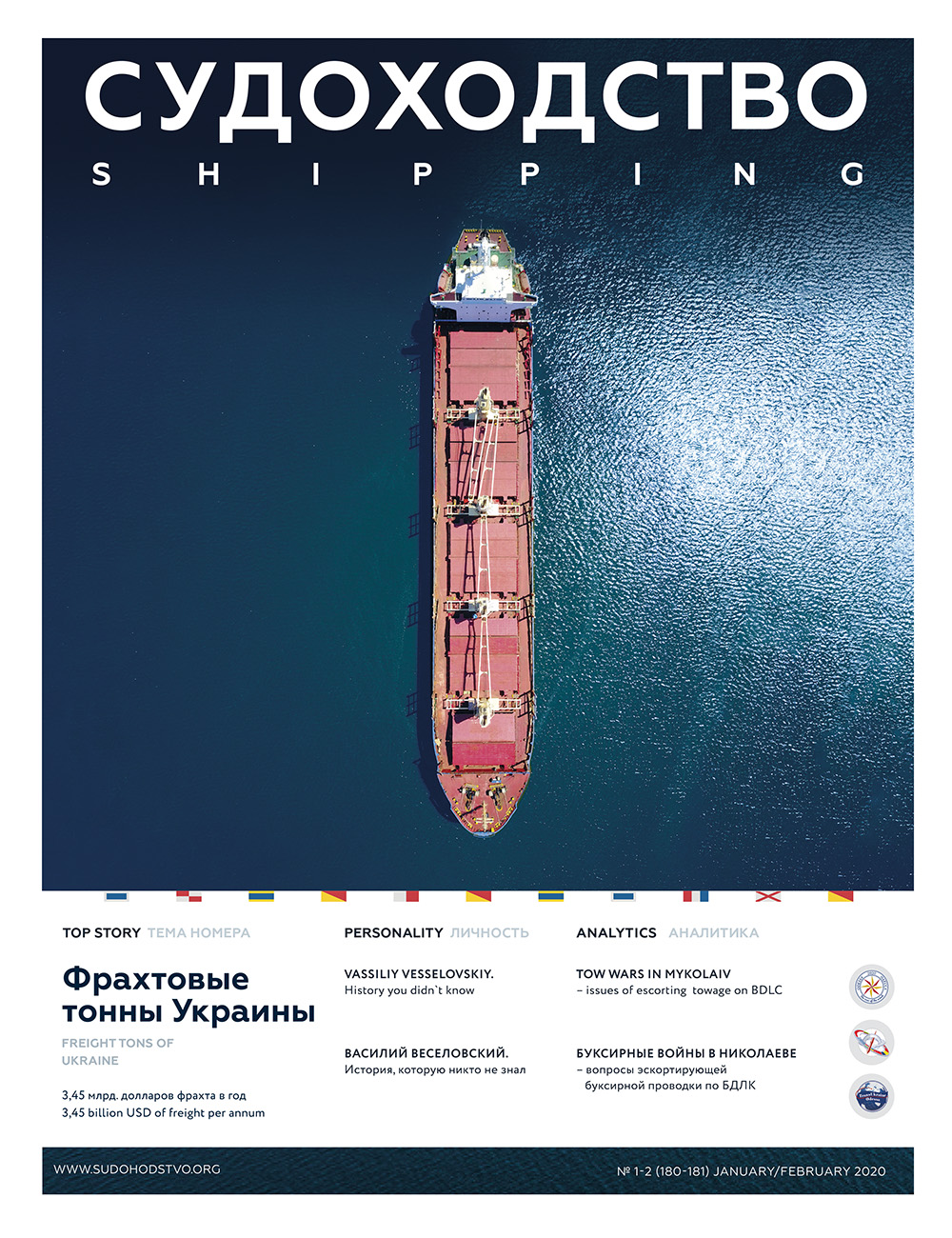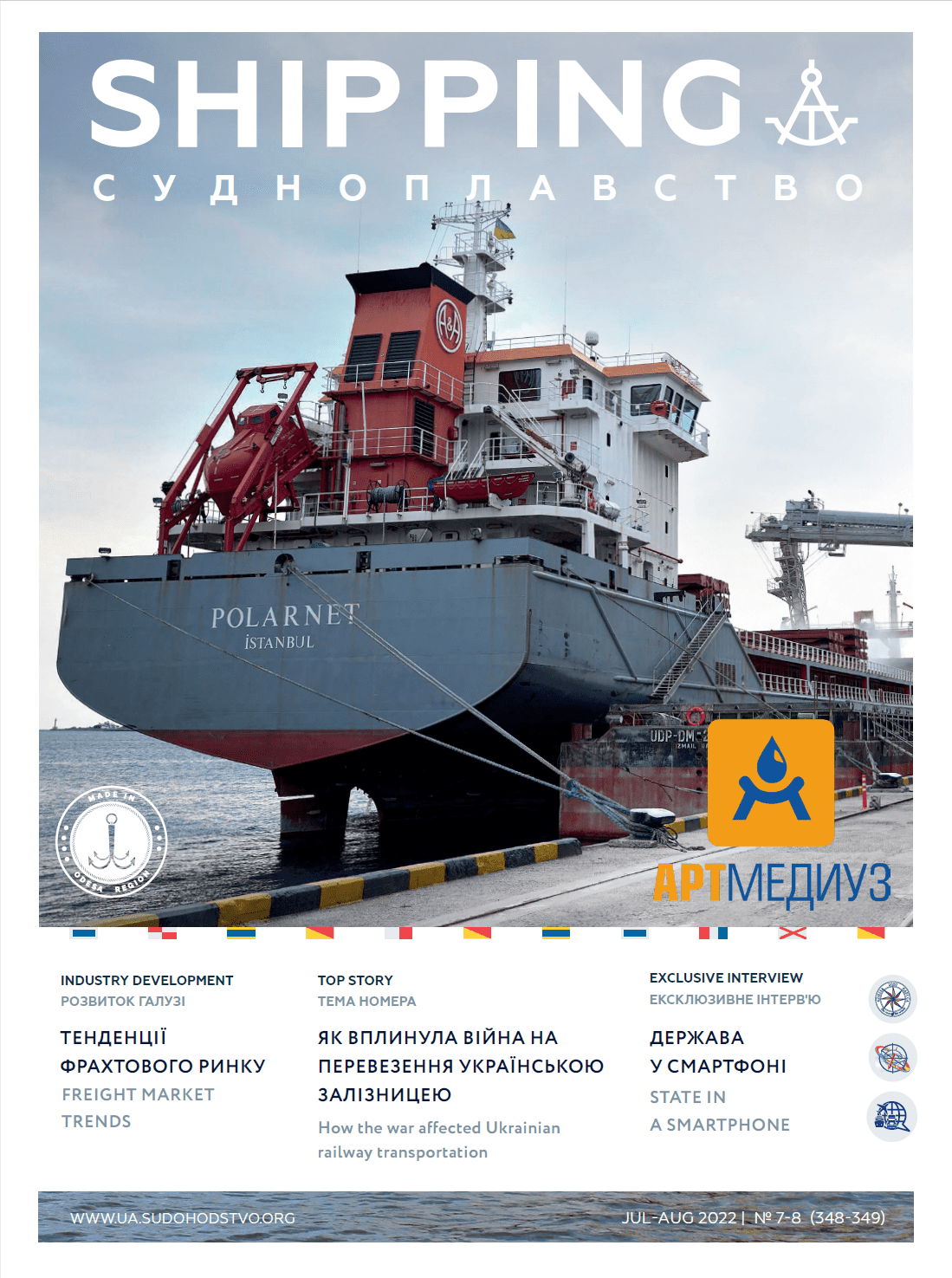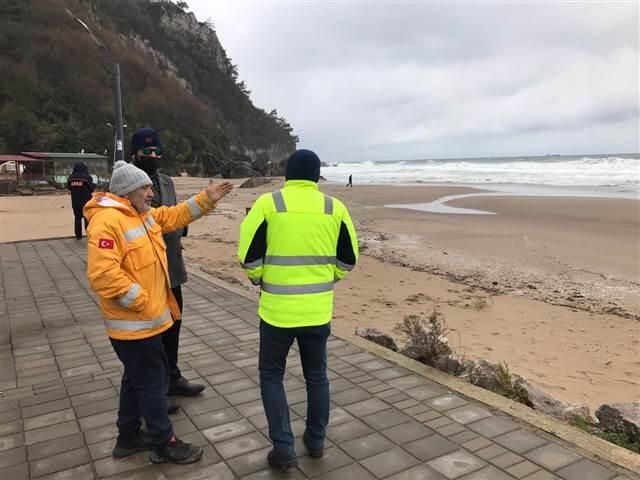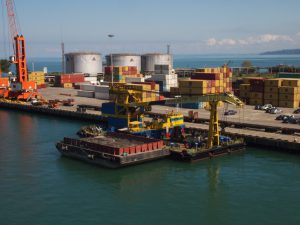Member states of the International Maritime Organization (IMO) have committed to developing a ban on heavy fuel oil (HFO) from Arctic shipping, along with an assessment of the impact of such a ban. Namely, a sub-committee (PPR6) was directed to develop a ban on heavy fuel oil use and carriage for use by ships in the Arctic, “on the basis of an assessment of the impacts” and “on an appropriate timescale”. The decision was made during the 72nd session of IMO’s Marine Environment Protection Committee, which resulted in the adoption of shipping’s Green House Gas (GHG) strategy. Under the scheme, the shipping sector is required to reduce its emissions by at least 50 pct by 2050 compared to 2008. The Clean Arctic Alliance, a coalition of 18 non-governmental organisations working to end HFO use as marine fuel in Arctic waters, called for member states to make every effort to adopt and rapidly implement a ban by 2021, as proposed by eight IMO Member States and supported by other countries during the meeting.
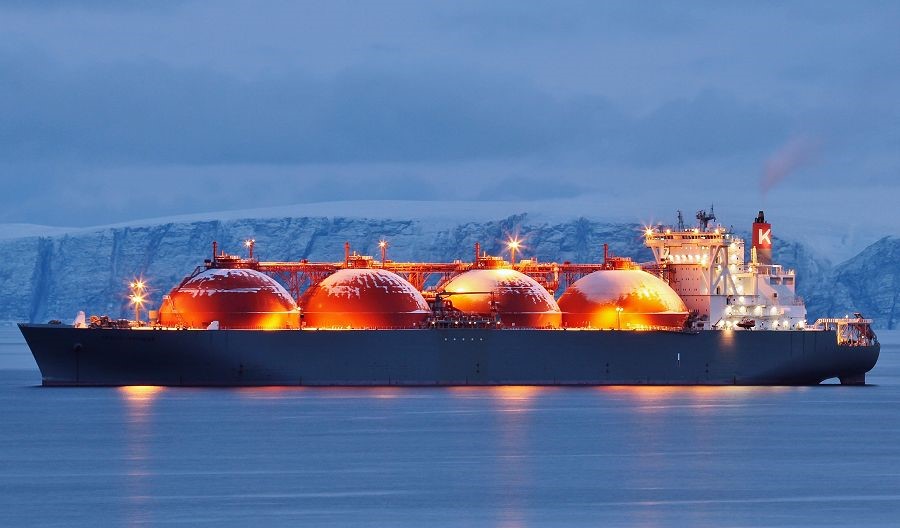
“With Denmark the sixth Arctic nation to back a ban on HFO from Arctic Shipping, the green alliance of Arctic nations have sent a clear message to the IMO,” said Kåre Press-Kristensen, senior adviser in the Danish Ecological Council. “With both the Danish government and the Danish shipping industry united to ban HFO, we hope to gain further international support for the ban from more nations and progressive parts of the shipping industry. Next step will be to engage Greenland further in planning and preparing for the ban.”
The strongly worded proposal to ban HFO as shipping fuel from Arctic waters was co-sponsored by:
- Finland
- Germany
- Iceland
- Netherlands
- New Zealand
- Norway
- Sweden
- US.
The proposal for a ban, along with a proposal to assess the impact of such a ban on Arctic communities from Canada, was supported by Australia, Belgium, Czech Republic, Denmark, Estonia, France, Ireland, Japan, the League of Arab States, Poland, Portugal, Spain, Switzerland, and the UK. The coalition believes the ban is the best way to protect the Arctic communities and ecosystems from the threat of an oil spill, and the impact of black carbon emissions.

